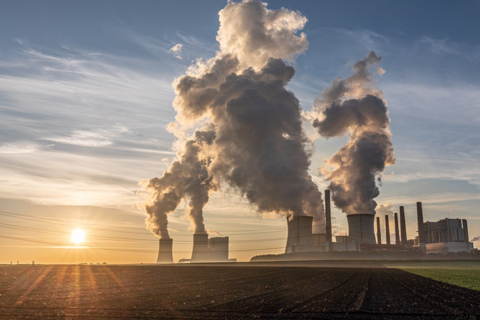Exacerbated Risk of Electricity Shortages in U.S.
May 9, 2022

The U.S. is currently undergoing a transition from traditional natural gas- and coal-fired power plants and aging nuclear power plants that are scheduled to retire in the near future to greener energy sources like solar and wind. While this transition aims to ameliorate the effects of climate change, traditional power plants are closing faster than they can be replaced by renewable energy sources, making it more difficult to meet electricity demand and exacerbating the risk of shortages.
Solar and wind are cheap and clean sources of energy. But solar and wind farms require large battery storage capacity and cannot produce electricity without stopping. And despite recent efforts to develop a significant amount of battery storage capacity, regional grid operators are worried that the development is not occurring fast enough to make up for the retirement of conventional power plants—plants which can work without stopping to produce electricity. The problem has only been compounded by recent inflation and supply-chain issues.
Many grid operators across the country are navigating how to encourage the development of battery storage and other technologies while keeping conventional power plants operational for the time being. Otherwise, they may have to call for blackouts when electricity demand exceeds supply. This is especially salient for the summer of 2022. The Midcontinent Independent System Operator (MISO), a grid that spans much of the Midwest as well as Arkansas, Mississippi, Louisiana, and Manitoba, Canada, warned last month that it may need to take emergency measures to meet summer electricity demand and that outages may occur. In addition, the California Independent System Operator (CAISO), the grid operator for California, said late last week that it projects relatively low supplies for the summer, especially if the state faces extreme heat or wildfires. Moreover, new supplies going online may experience delays through 2025, which would only compound the state’s difficulties. Finally, the Electric Reliability Council of Texas, the grid operator for Texas, reported that the state might have to deal with reliability issues this week due to a heat wave.
